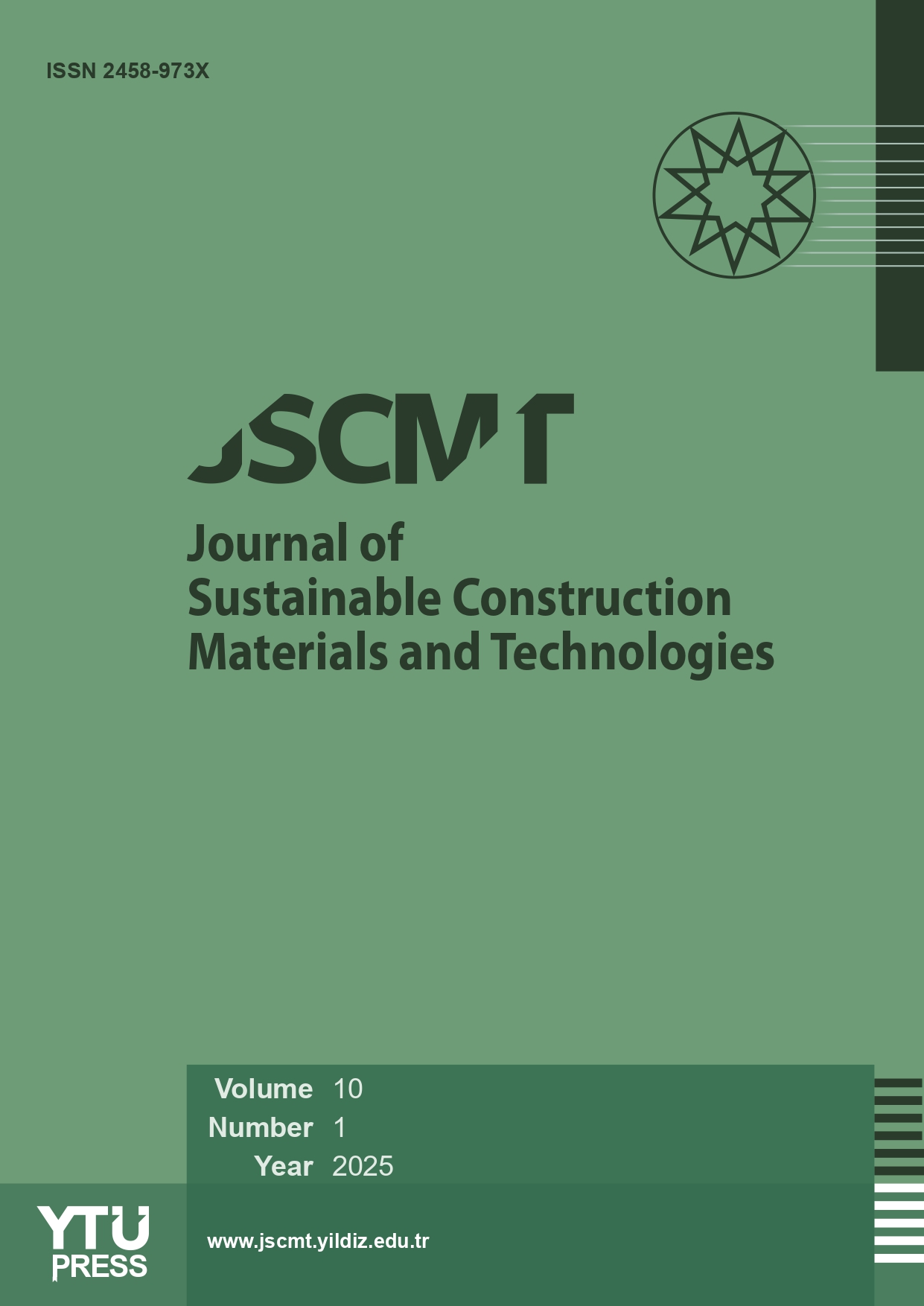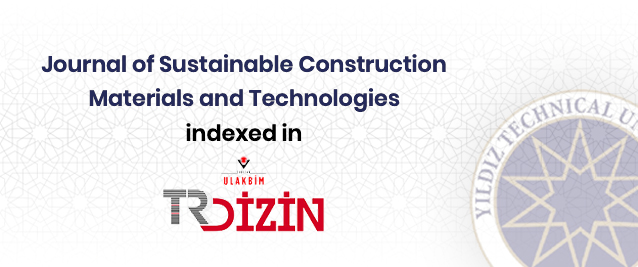2Department of Civil Engineering, Sharda University, India; Department of Civil Engineering, Gaziantep University, Türkiye; Department of Civil Engineering, Kano University of Science and Technology, Nigeria
3Department of Civil Engineering, Netaji Subhas University of Technology, India
4Department of Civil Engineering, Kano University of Science and Technology, Nigeria; Department of Architecture and Built Environment, University of Nottingham, United Kingdom
Abstract
The looming global energy crisis of the 21st century is predicted to worsen as building energy consumption is expected to rise by 50% by 2060. Investing in energy-efficient technologies and reducing carbon emissions is essential to combat this crisis. To this end, this paper delves into the complex issue of energy-efficient building practices in Nigerian households and how they can help curb carbon emissions. Using a statistical method known as the Relative Importance Index (RII), we analyzed nine key factors that influence a building’s energy efficiency. The research revealed that government oversight, support, and financial and technical assistance are crucial for achieving household energy efficiency. It also highlights the significance of addressing the energy crisis in Nigeria through the development, implementation, and adaptation of energy-efficient building practices.
















